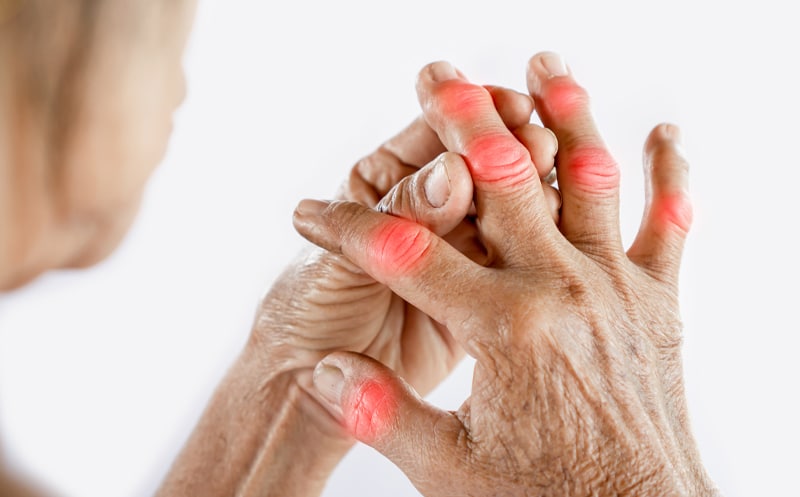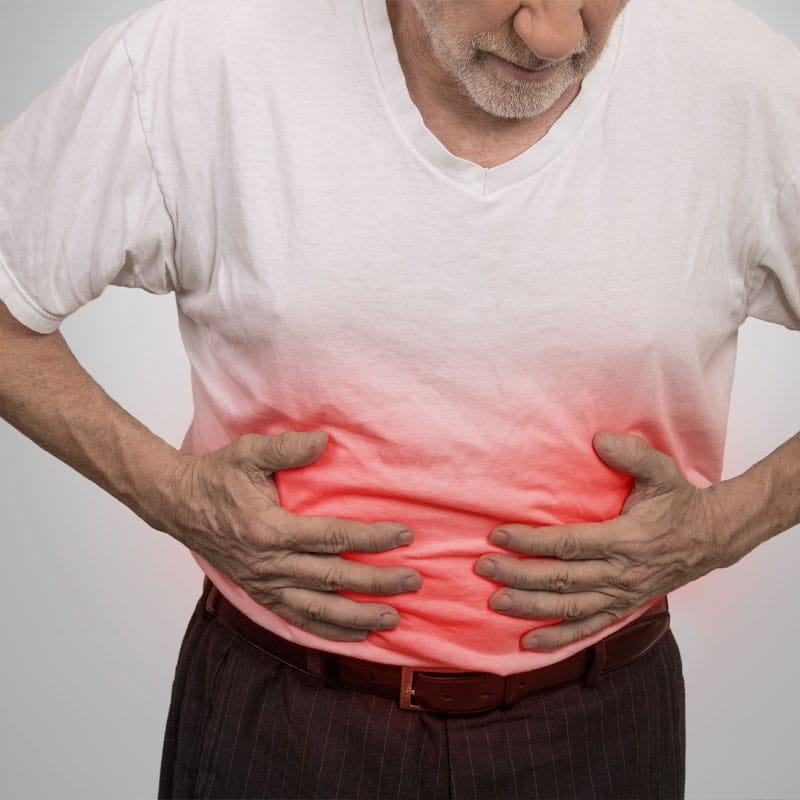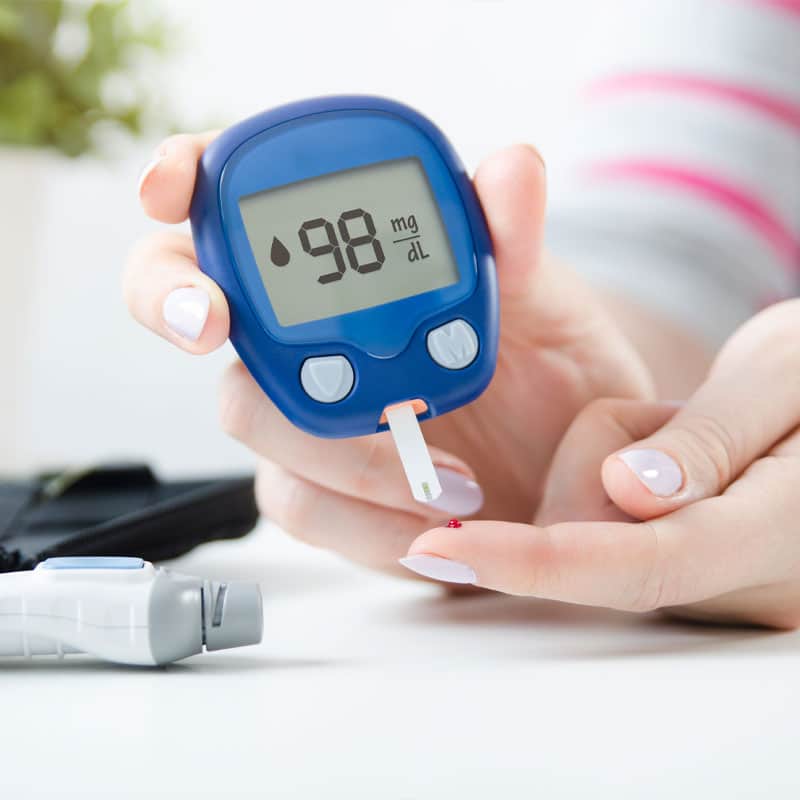Anxiety
When you are anxious, your Qi, which is controlled through breathing, does not move. Anxiousness can cause breathlessness, shallow breathing and irregular breath patterns. Anxiety can damage the Large Intestines and the Lungs. In fact, overly anxious people are prone to ulcerative colitis.
Worry
Worry occurs when you are excessively mentally or intellectually stimulated. Those who must have a lot of mental focus, such as students, parents and business owners, often experience worry. Spleen symptoms associated with worry include fatigue, lethargy, concentration difficulties and digestive disorders.
Grief
Grief causes disharmony in the Lungs. When grief is expressed, sobbing occurs. This sobbing originated deep within the Lungs. Grief causes the lungs to become weak and the Qi can become stagnant. Grief causes a weakened immune system, coughing and an increased chance of bronchitis to occur.
Fear
Fear is a healthy emotion that can protect you from danger; however, when it becomes chronic it can cause problems in the kidneys. Children who have had physical or emotional trauma in particular, often suffer from fear, which can lead to involuntary urination.
Joy
When one is excessively joyful, the spirit scatters and can no longer be stored,” states the Lingshu (The Vital Axis). In Traditional Chinese Medicine, joy is more than a feeling of deep happiness. It is a state of agitation, overexcitement or mania, causing overstimulation of the emotions. Over-stimulation can lead to problems with such Heart symptoms as feelings of agitation, insomnia and palpitations.
Fright
Fright is much like fear; however, fright happens suddenly and unexpectedly. Think back; have you ever said statements such as “You about scared me to death?” When you are frightened your Heart pounds, breathing increases and the body responds with a sudden urge to urinate. These symptoms are directly related to how fright can cause a disruption in the flow of your Qi.
Anger
Anger includes a full range of emotions, including irritability, frustration and resentment. When anger occurs, the Liver Qi stagnates, resulting in headaches, dizziness, high blood pressure and Stomach and Spleen issues. Additionally, those who have anger issues often have ruddy complexions and are more prone to have sudden fits of rage.

















